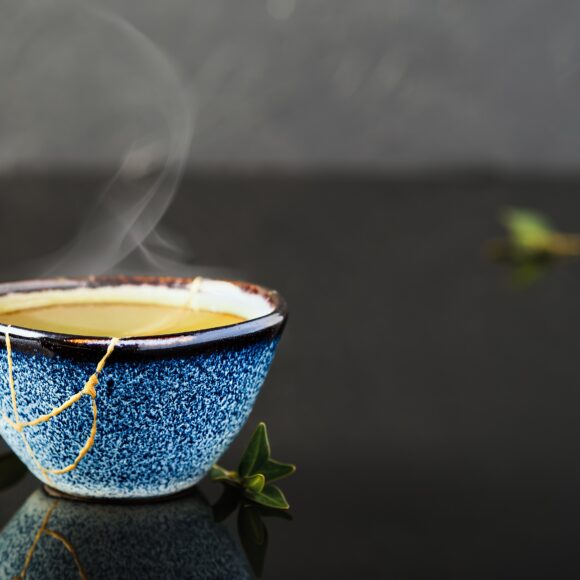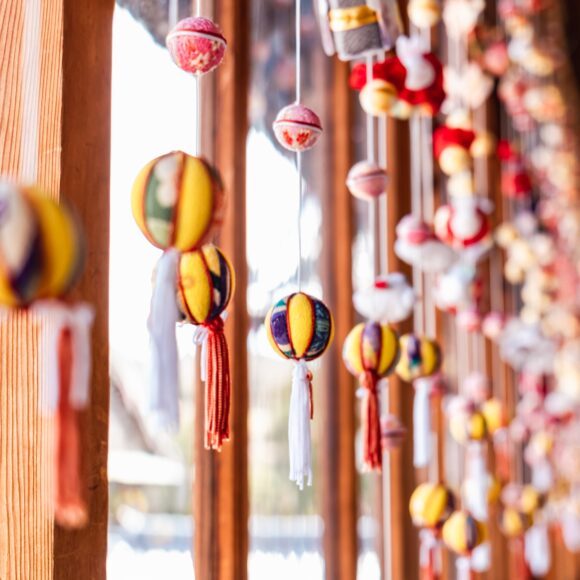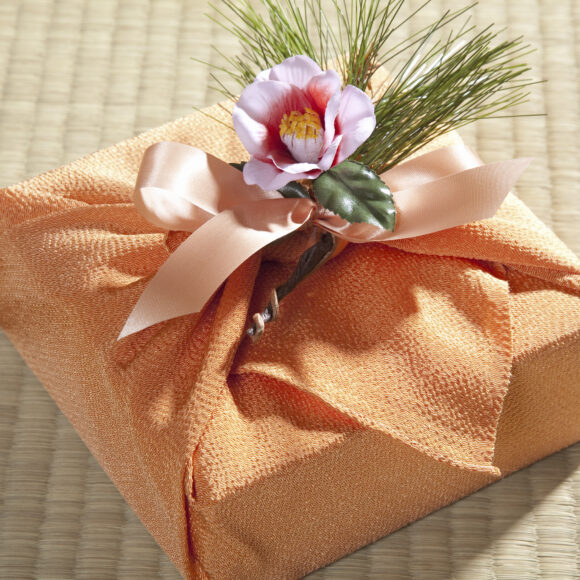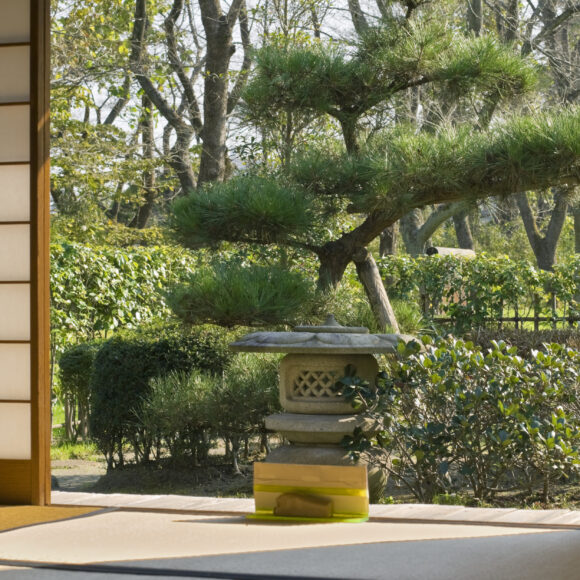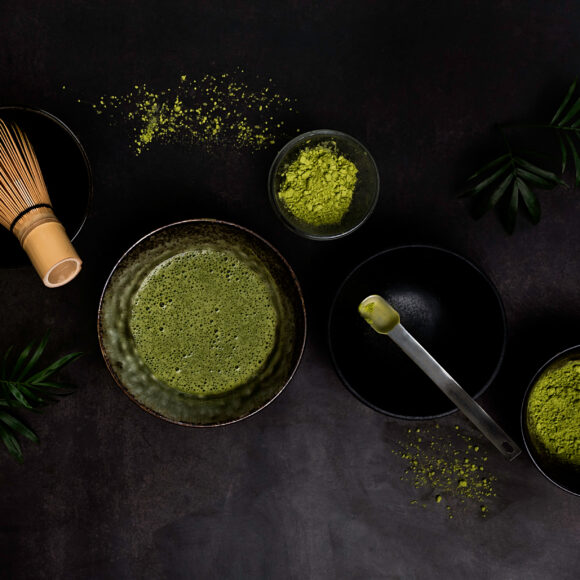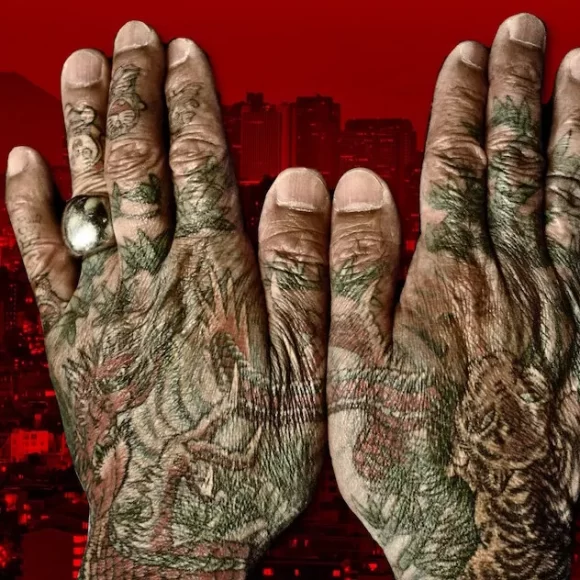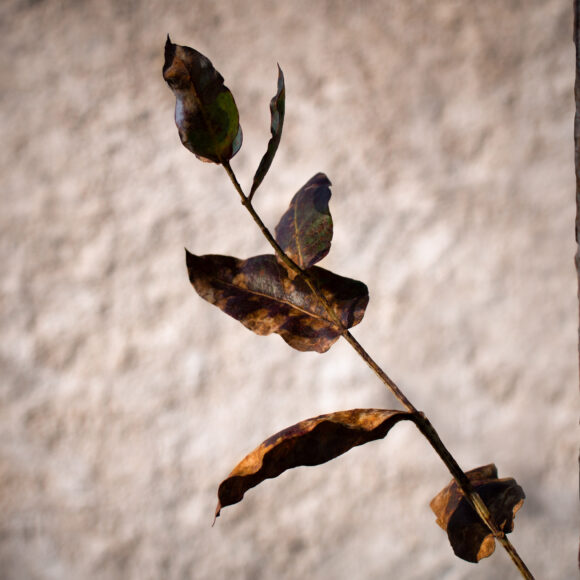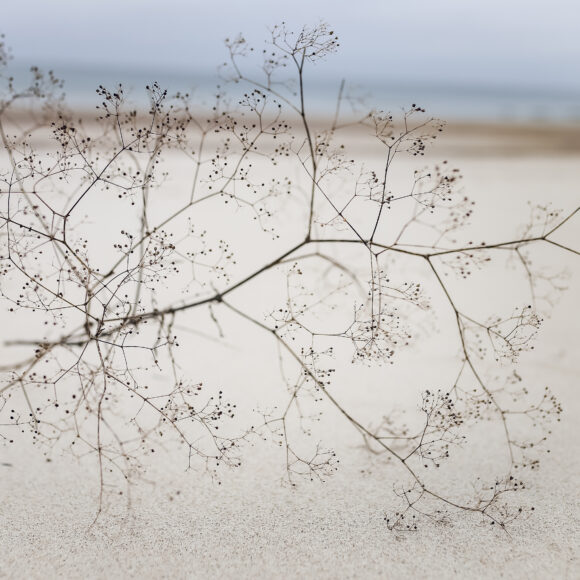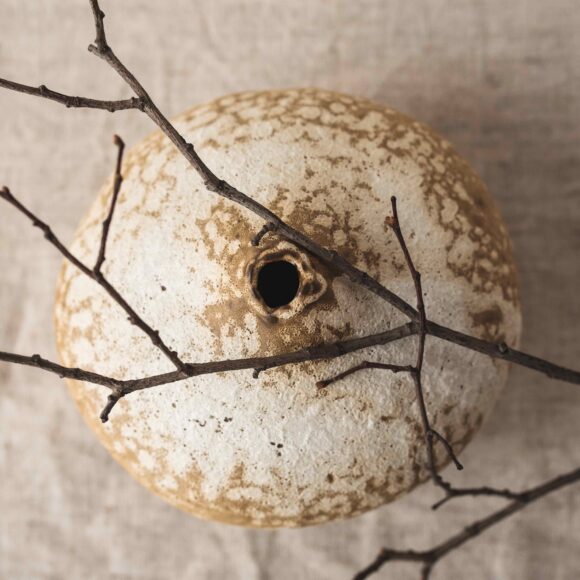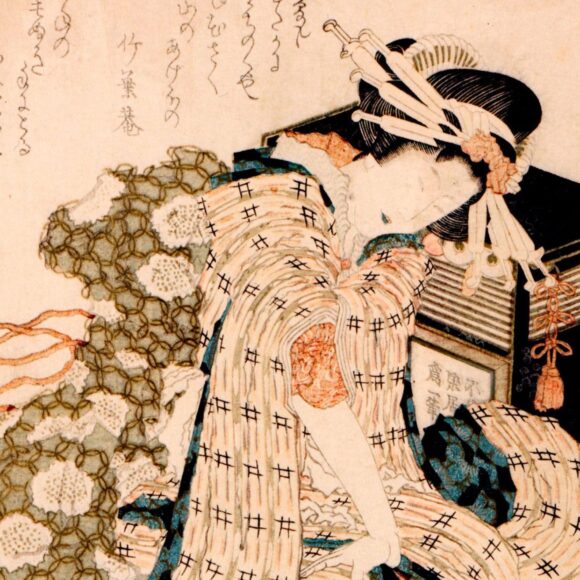Join our next Japanese calligraphy workshop to explore a new kani - sai. In Japanese, the character 再 (sai, futatabi) is used to convey the concept of "again" or "re-" in English and implies the idea of repetition, renewal, or resumption
Project Category: Japanese Culture Events
Japanese calligraphy: thing
In Japanese culture and philosophy, the concept of mono can be extended beyond the physical realm to include intangible things such as ideas, emotions, and relationships. , This concept connotes a sense of tangible or intangible existence that is part of the fabric of the world around us.
Mottainai – Japanese Art of Repurposing
This talk will explore ways how Japanese people make a conscious effort to preserve what we already have and recycle as much as possible.
Japanese calligraphy: outside
the concept of "outside" in Japanese culture encompasses both the natural world and the unknown, evoking a sense of wonder, respect, and a desire to explore and understand. Join our next Japanese calligraphy session exploring the character 'outside'.
Japanese Calligraphy: green
In Japanese culture, the concept of "green" is closely linked to nature and the environment. The Japanese people have a deep appreciation for the natural world and have developed a strong sense of environmental consciousness, which is reflected in their everyday life. Join Azumi Uchitani at her next calligraphy workshop and explore concept of 'green' in Japanese culture.
Yakuza in Japan: criminals or humanitarians?
Despite the crimes conducted by Yakuza, they call themselves ninkyō dantai (literally meaning “chivalrous organisation”), securing streets from impulsive crimes and establishing the order. Join Azumi Uchitani’s next talk about Yakuza, also known as ‘necessary evil’ and explore its complex image in society.
Japanese Calligraphy: sabi
Sabi is another Japanese aesthetic concept that is closely related to wabi, but with a greater emphasis on the beauty of ageing and decay. Join our next calligraphy session and learn about idea of Sabi in Japanese culture.
Japanese Calligraphy: wabi
Wabi is a concept that encourages individuals to feel its beauty in simplicity and natural authentic state of life in any objects. Join our Japanese calligraphy session and discover the concept of wabi.
Wabi Sabi: the impermanent beauty of imperfection
Wabi-sabi concept offers to embrace imperfections and appreciate simplicity, natural state and deeper meanings in them. Wabi-sabi teaches us to accept what is not under our control, to strive for excellence rather than perfection, to appreciate failures and flaws, to live simple and slow down our pace. Join Azumi Uchitani in the conversation about Japanese ideas of wabi-sabi and what ‘beautiful’ means.
Japanese Calligraphy: Dream
In popular culture, the theme of dreams and their powerful impact on reality is a recurring motif in anime, manga, and other forms of media. Join our Japanese calligraphy event to learn more about this kanji.

